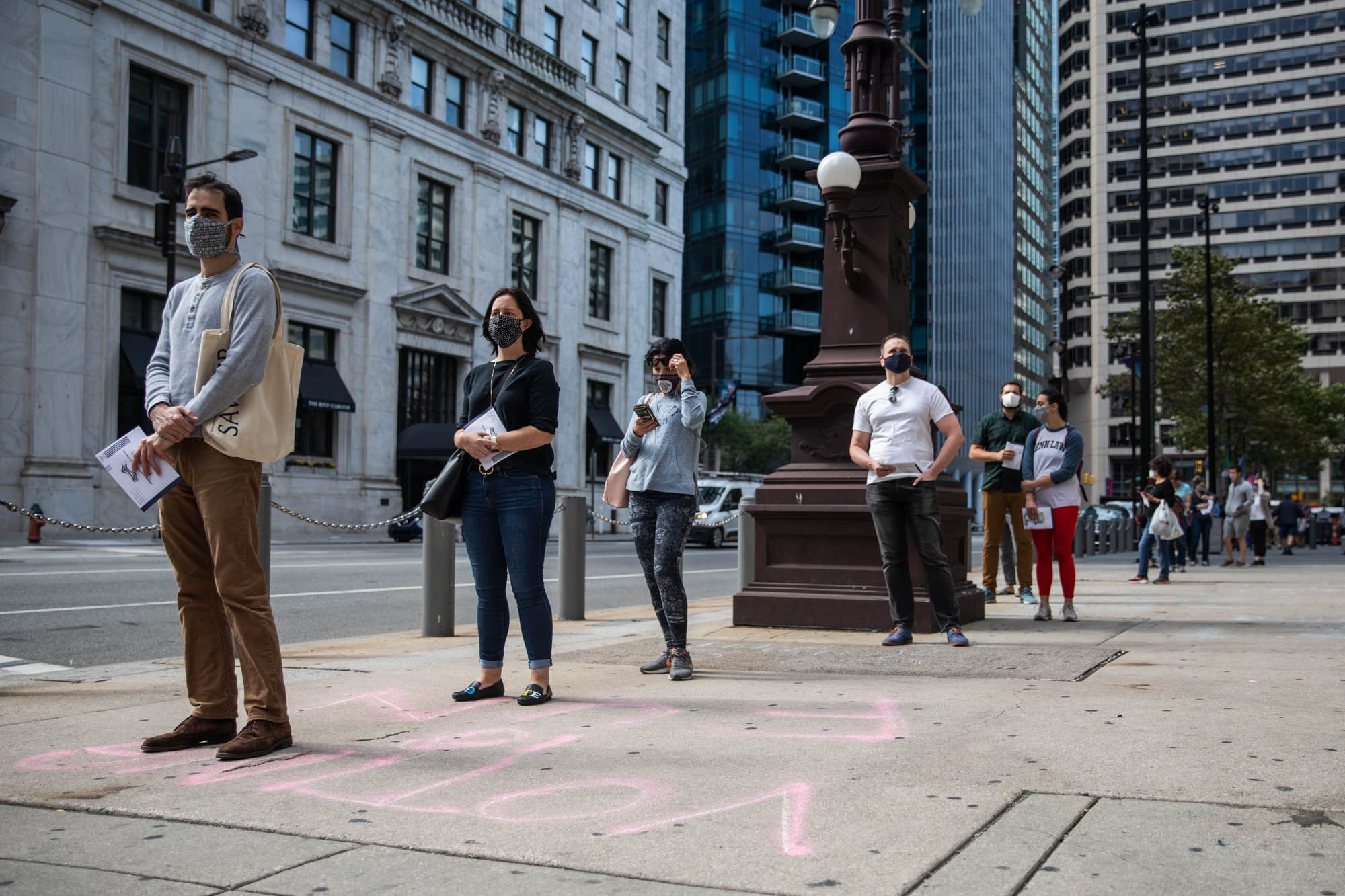Local,
state and federal officials must do more to ensure Native Americans facing
persistent, longstanding and deep-rooted barriers to voting have equal access
to ballots, a White House report released Thursday said.
Also Read: Americans want President Joe Biden to be tougher on Russia: Poll
Native
Americans and Alaska Natives vote at lower rates than the national average but
have been a key constituency in tight races and states with large Native
populations. A surge in voter turnout among tribal members in Arizona, for
example, helped lead Joe Biden to victory in the state that hadn’t supported a
Democrat in a White House contest since 1996.
Poverty
among Native Americans, Alaska Natives and Native Hawaiians, hostility between
Indigenous and non-Indigenous communities, language problem and cultural
disrespect impact voting patterns in Indigenous communities, the administration
noted.
Also Read: North Korean missile, probably ballistic, lands in Japan economic zone
Despite
the challenges, Native American voting rights groups increasingly have
mobilized over the years to boost turnout that is about 13% lower than the
national average, according to the White House. The states will the largest
percentage of Native Americans and Alaska Natives are: Alaska, Oklahoma, New
Mexico, South Dakota and Montana.
The
Biden administration’s report comes a year after he issued an executive order
promoting voting rights and establishing a steering committee to look at
particular barriers to voting in Indigenous communities. Those include state
laws and local practices that disenfranchise Indigenous voters, unequal access
to early voting and reliance on a mail system that is unreliable, the report
stated.
Also Read: China plane crash: Search area widened to find second black box
“For
far too long, members of tribal nations and Native communities have faced
unnecessary burdens when they attempt to exercise their sacred right to
vote,” the White House said.
The
administration called on Congress to pass voting rights legislation, including
the John R. Lewis Voting Rights Advancement Act and another focused on Native
Americans. But those bills are going nowhere. Republicans don’t want them and
neither does Democratic Sen. Joe Manchin of West Virginia, meaning they don’t
have enough votes in the Senate.
Also Read: Top US airlines urge Joe Biden to scrap COVID travel mandates as cases dip
In
the states, Republican legislatures and governors recently have passed dozens
of restrictive laws dealing with voting and elections. They have limited the
use of mail voting, which proved hugely popular during the pandemic,
implemented strict voter ID requirements, eliminated ballot drop boxes and
created several penalties for local election officials who could be accused of
violating certain laws.
The
US Supreme Court ruled last year in a broader case over Arizona voting
regulations to uphold a prohibition on counting ballots cast in the wrong
precinct and returning early ballots for another person. Native American voting
rights advocates saw it as another notch in a long history of voting
discrimination.
Also Read: Biden’s day out: What to expect from POTUS’ Europe tour
Bills
that Arizona Governor Doug Ducey signed last year to codify the practice of
giving voters who didn’t sign mail-in ballots until 7 p.m. on Election Day to
do so and that address voter rolls, also would complicate voting, tribal
leaders said.
Democrats
say the new laws are designed to target their voters, although the mail voting
restrictions also tend to hurt Republicans.
In
the absence of action, the Biden administration is seeking changes at more
local levels while maintaining pressure on Congress. The White House pointed to
enhanced safeguards for Native American voters in Nevada, Washington and
Colorado and suggested other states follow their lead.







